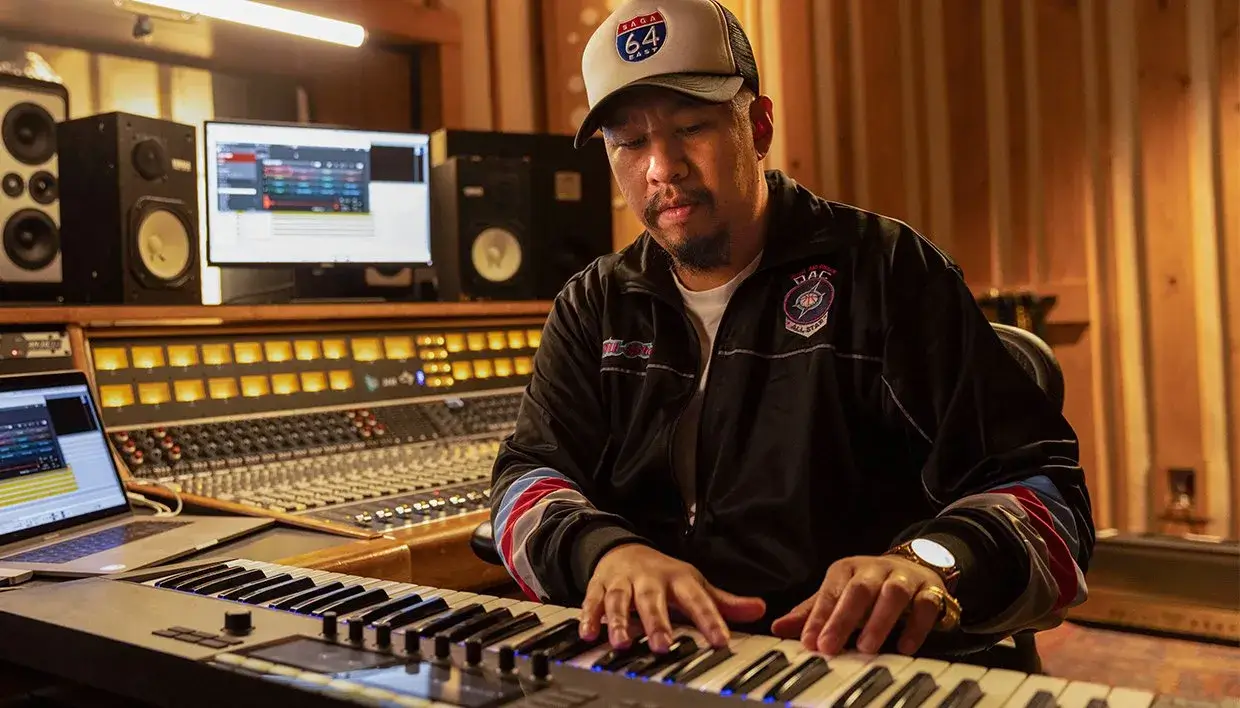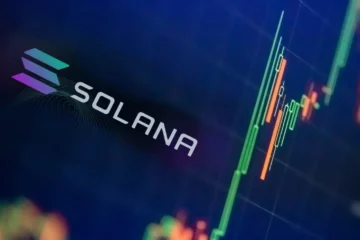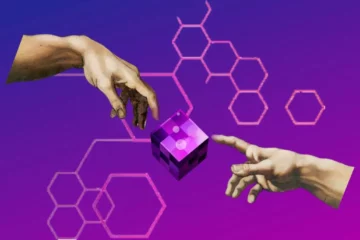Recently, more and more projects have appeared in the NFT space, designed to change the music industry, as well-established traditional methods are losing their relevance and bring only contradictions to each of the parties.
Music is a tough business. Ranging from monopoly to limited earning potential for aspiring artists. While Web2 has brought many positive changes, the industry is still on a long journey. In this regard, projects are trying to use blockchain technology to offer new solutions for the outdated music market.
Thanks to the development of the Internet and social networks, the music industry has changed a lot over the past decade. Artists have new ways to distribute their music, and fans have many new ways to connect with and support their favorite musicians.
Yet the Web2 model was not so ideal. Only a select few own assets in this industry, and large corporations make more profit than users and artists. Web3 is designed to change the vector in this area , despite the fact that this may take more than one year.
So did the new Tune.FM platform, based on the Hedera hashgraph. The platform claims to be able to give musicians 90% of their music streaming revenue. And this is about 10 times more than the income from streaming on the main traditional services. Artists can earn digital tokens every time their music is streamed on the platform. This is lucrative given that, on average, each artist’s release can be streamed about 1,000,000 times in the first time after release.
In a statement, Andrew Antar, co-founder of Tune.FM, noted that many independent musicians have been affected by the pandemic.
“Because Spotify didn’t pay them fairly, many of them struggled to make ends meet. We are the antidote to the millions of creative people who are being paid unfairly by the major streaming services,” Antar said.
On the other hand, music on the blockchain can also be a profitable offer for fans of artists. Supported by Andreessen Horowitz, the Royal music marketplace continues to provide fans with the ability to co-ownership songs from their favorite artists through non-fungible tokens. For example, the success of the launch of NFT tokens for the American rapper Nas spurred the platform to continue promoting this initiative. And soon the platform issued tokens for the popular DJ Diplo.
Read Also: Music Industry And NFT
The launch was accompanied by a message from Royal platform co-founder Justin Blau, who added that the platform’s goal is to “enable artists to maintain control over their work while providing them with bread.”
Another project aims to enable collaborative work on music using NFT. A project called Squad of Knights allows NFT owners to form squads of six people, each of which is assigned a role in the music production process. Unlike working with traditional music labels, the platform allows community members to own 100% of the music they produce.
Finding people to work with is difficult. Finding the right people to work with is even more difficult,” said project founder and producer Illmind. He noted that the goal of the project is to unite producers, sound engineers, musicians, and managers both in the real world and in the metaverse.
As for the metaverses, there are also projects that provide decentralized music there. One such project was the Audius platform, powered by Solana. Due to its decentralized nature, Audius allows anyone to get content from the platform and use it to create their own projects. This is especially true for those who use music in their videos and are concerned about copyright infringement and de-monetization, as is often the case with YouTube videos.
Ronald Rumburg, co-founder and CEO of Audius, said the platform is “a decentralized repository of content with well-defined rights so third-party developers can pull content from the platform’s catalog seamlessly.”




